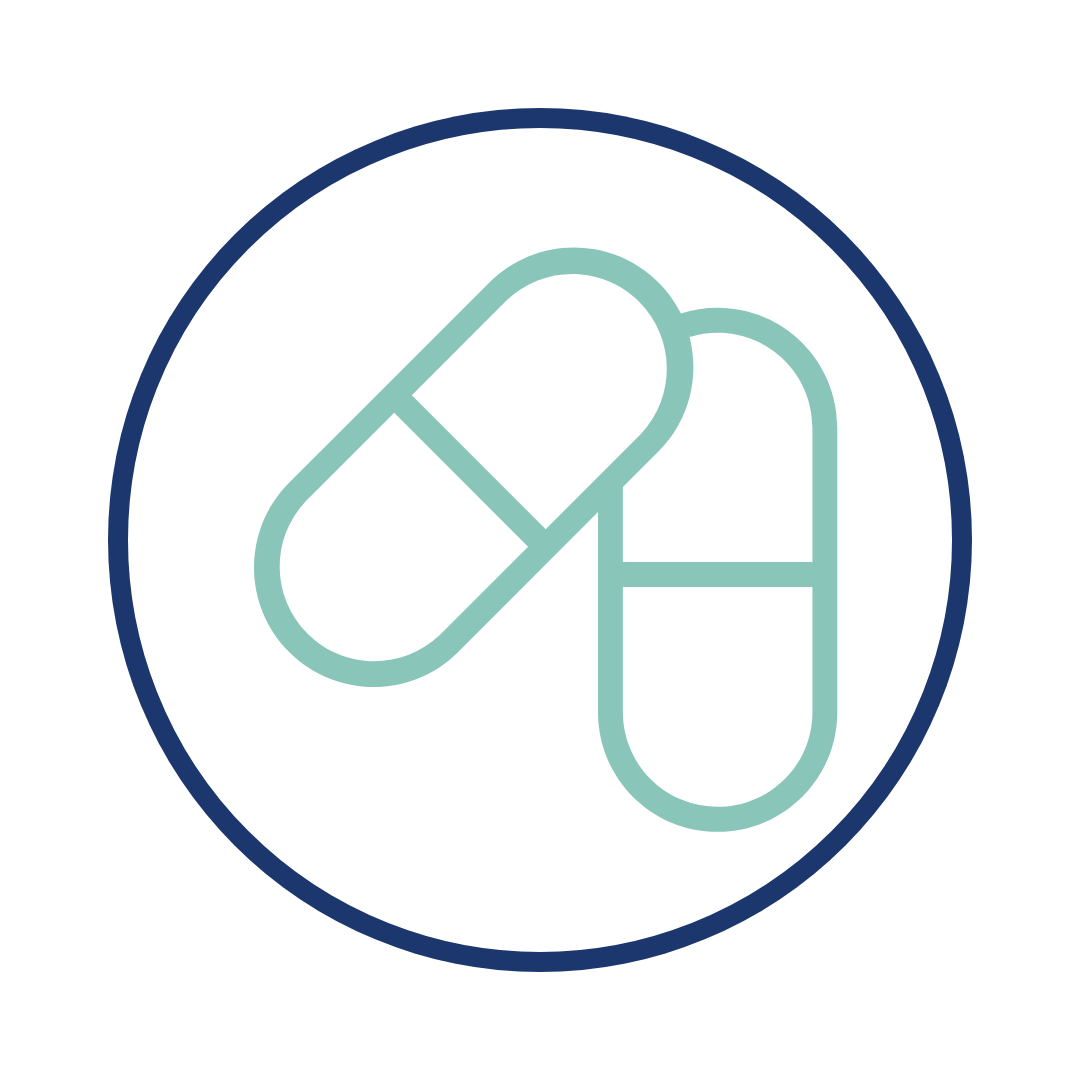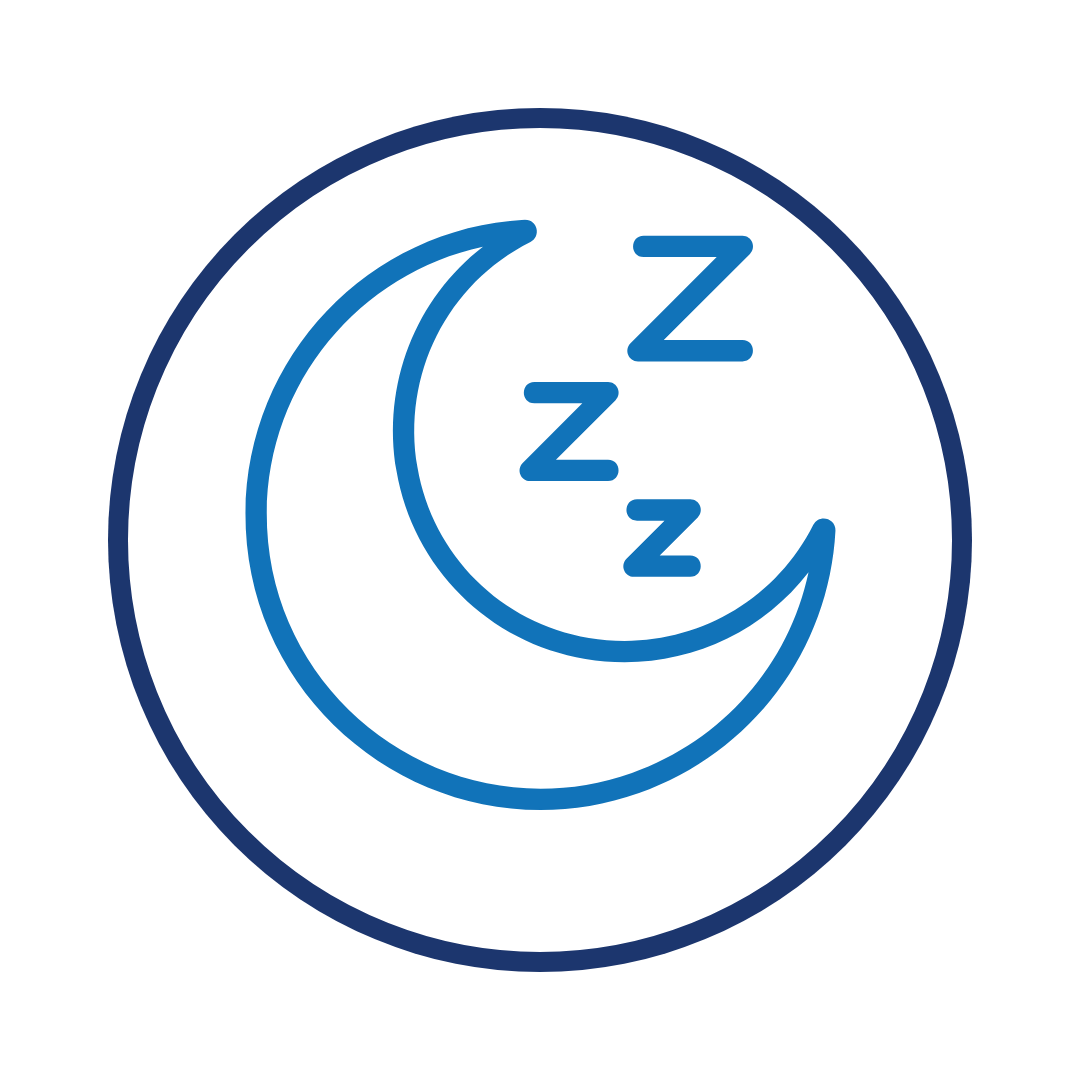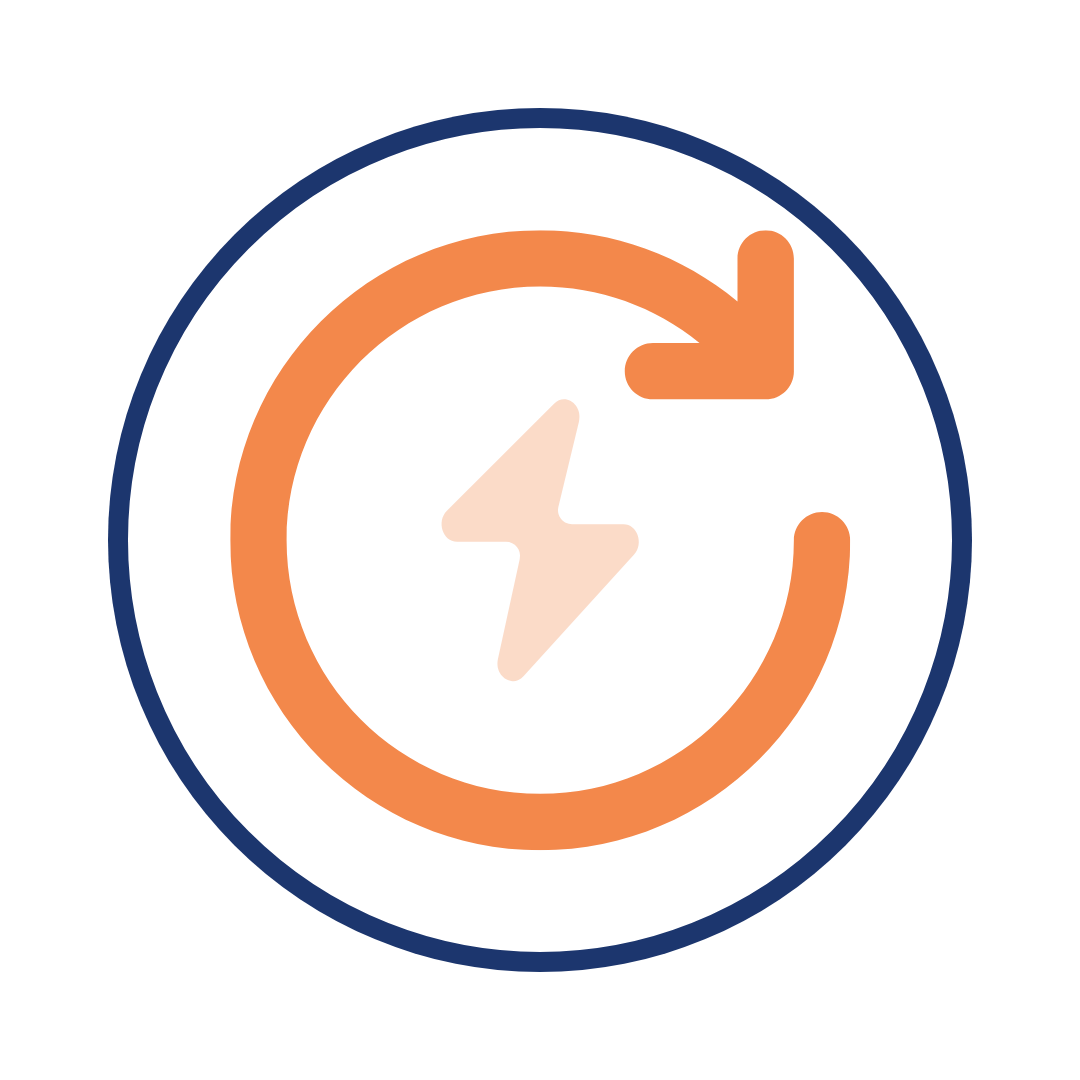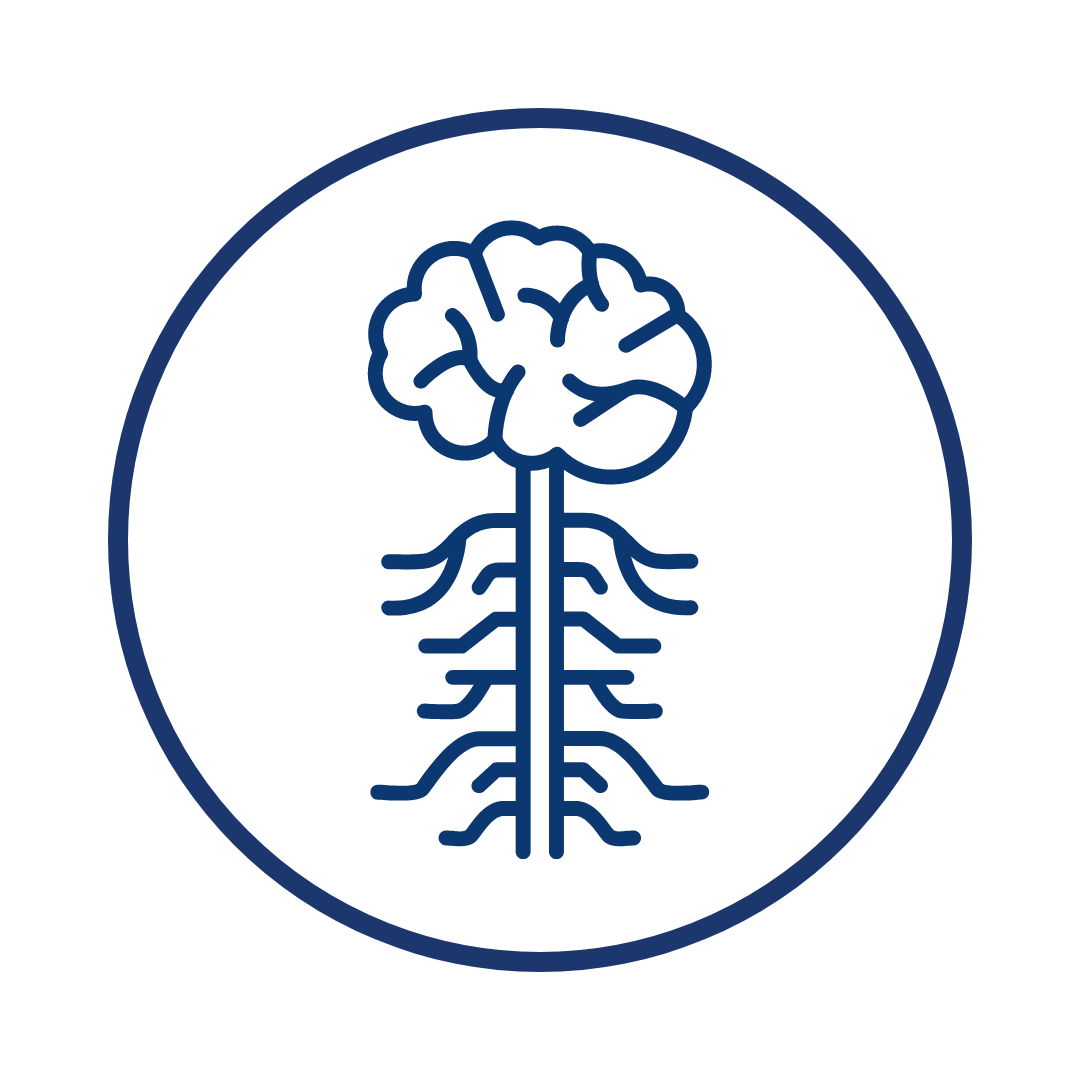RECOVER Clinical Trials in Atlanta
The NIH RECOVER Clinical Trials are a part of Phases II and III of the initiative to understand, treat, and prevent Long COVID. For more information, please visit the official RECOVER Clinical Trials website.
For each active clinical trial, please find below a description and the contact information for each participating RECOVER Atlanta sites. If you are interested in participating and/or would like to learn more, please contact our sites.
VITAL
Viral persistence and reacTivation And immune dysreguLation
RECOVER VITAL is studying if PAXLOVID can be used to treat Long COVID. PAXLOVID is a combination of nirmatrelvir and ritonavir and is prescribed to treat mild-to-moderate COVID infections. Typically, PAXLOVID is prescribed for use for five days. RECOVER VITAL participants will take a study drug for up to 25 days.
Participants will be assigned by chance to 1 of 3 groups:
- PAXLOVID for 25 days
- PAXLOVID for 15 days and Ritonavir and placebo (a medication with no active ingredients and should have no effect) for 10 days
- Ritonavir and placebo for 10 days
Learn more here: NIH RECOVER VITAL
*CLOSED FOR ENROLLMENT*
SLEEP
Two clinical trials: RECOVER SLEEP HYPERSOMNIA and RECOVER SLEEP Complex Sleep Disturbance
RECOVER SLEEP is studying interventions, or possible treatments, for people who have sleep disturbances related to Long COVID. Sleep disturbances may include problems falling or staying asleep, feeling very tired during the day, or problems with the sleep-wake schedule.
Hypersomnia
(sleeping longer than usual or feeling very sleepy or tired during the day, even after uninterrupted sleep at night)
For this clinical trial, participants will be assigned by chance to a group that receives a study drug, Modafinil (a pill taken by mouth that is used to help people stay awake during the day) or a placebo (a medication with no active ingredients and should have no effect). If a participant can’t take Modafinil because it interacts with their other medications, they will receive a different study drug, Solriamfetol (is a pill taken by mouth that is used to help people stay awake during the day), or a placebo.
Complex Sleep Disturbances
For this clinical trial, participants will be assigned by chance to a group that receives a study drug, Melatonin (a natural hormone in the brain that helps regulate the timing of sleep, given to participants as a supplement pill) and/or Light Therapy (exposure to a bright light that may help improve and regulate sleep-wake patterns). There are four chance groups that include a placebo medication for Melatonin and Light Therapy (low-intensity light).
Learn more here: NIH RECOVER SLEEP
ENERGIZE
Personalized Cardiopulmonary Rehabilitation
RECOVER ENERGIZE is studying possible treatments for exercise intolerance (the need to stop physical activity because of symptoms like shortness of breath and fatigue). This research study is looking at how Personalized Cardiopulmonary Rehabilitation can help participants with exercise intolerance improve their quality of life and ability to exercise. Participants will be monitored to make sure they do not develop post-exertional malaise (the worsening of symptoms after minimal physical, mental, or emotional activity) during their participation in the study.
Participants will be assigned by chance to one of the two RECOVER ENERGIZE trials. One trial, Personalized Cardiopulmonary Rehabilitation, is a program targeting exercise intolerance. The other trial, Structured Pacing is a program to control and minimize post-exertional malaise (PEM).
Learn more here: NIH RECOVER ENERGIZE
AUTONOMIC
RECOVER AUTONOMIC is studying possible treatments for adults who have an autonomic nervous system disorder, called Postural Orthostatic Tachycardia Syndrome (POTS), related to Long COVID. Symptoms of POTS may include fast heart rate, dizziness or fatigue.
Participants will be assigned to 1 of 2 groups to study a repurposed drug as a possible treatment for these Long COVID symptoms. Repurposed drugs are medicines that are already approved by the U.S. Food and Drug Administration for the treatment of other health conditions. In addition to the study drugs, RECOVER-AUTONOMIC is studying possible coordinated non-drug treatments, like making diet changes and wearing a compression belt around the stomach.
Participants will be assigned at random to Study Group A or Study Group B.
- Study Group A will receive a study drug, Gamunex-C (a form of intravenous immunoglobulin [IVIG] which is made up of human antibodies, which are proteins your bodymakes to help you fight infections), or a saline placebo (a solution with no active ingredients and should have no effect).
- Study Group B will receive a study drug, Ivabradine (a pill taken by mouth that reduces a person’s heart rate without reducing blood pressure or the heart’s ability to pump blood) or a a placebo (a medication with no active ingredients and should have no effect).
For both groups, participants will have an equal chance of receiving either coordinated non-drug care (includes specific recommendations for diet and lifestyle changes) or usual non-drug care (general recommendations for diet and lifestyle changes).
Learn more here: NIH RECOVER AUTONOMIC
*CLOSED FOR ENROLLMENT*





